Cost Leadership
Improved Efficiencies
for Economies of Scale
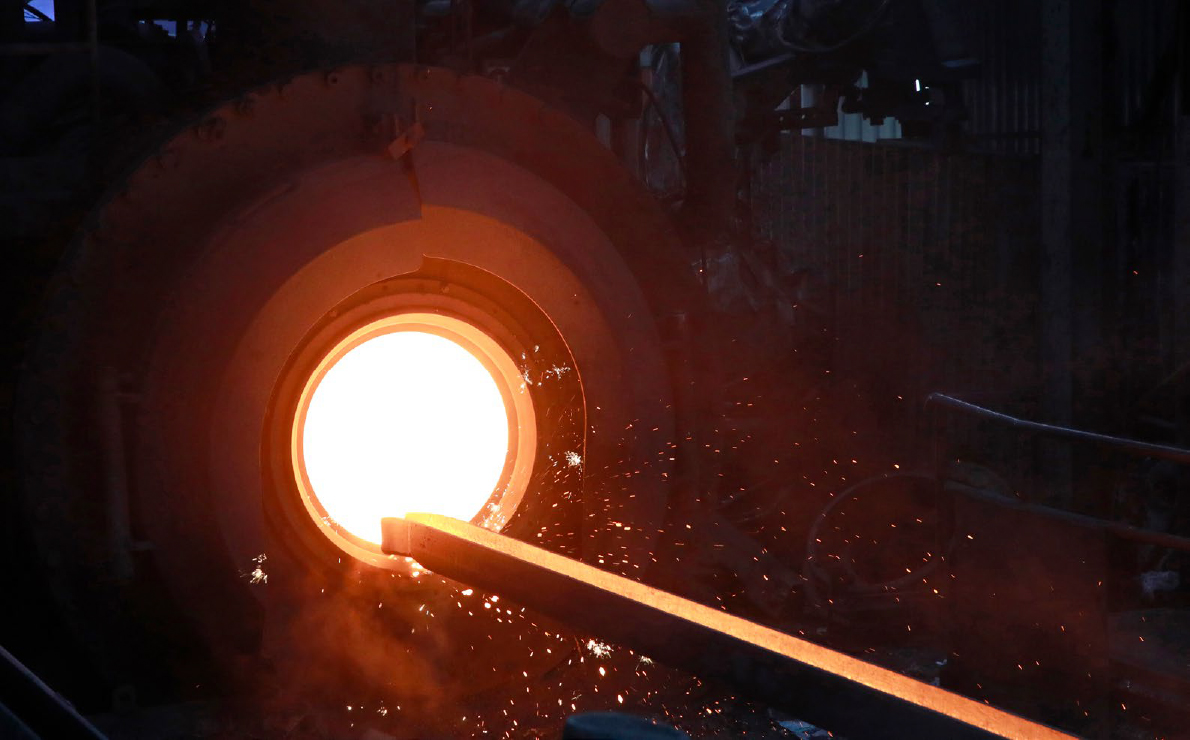
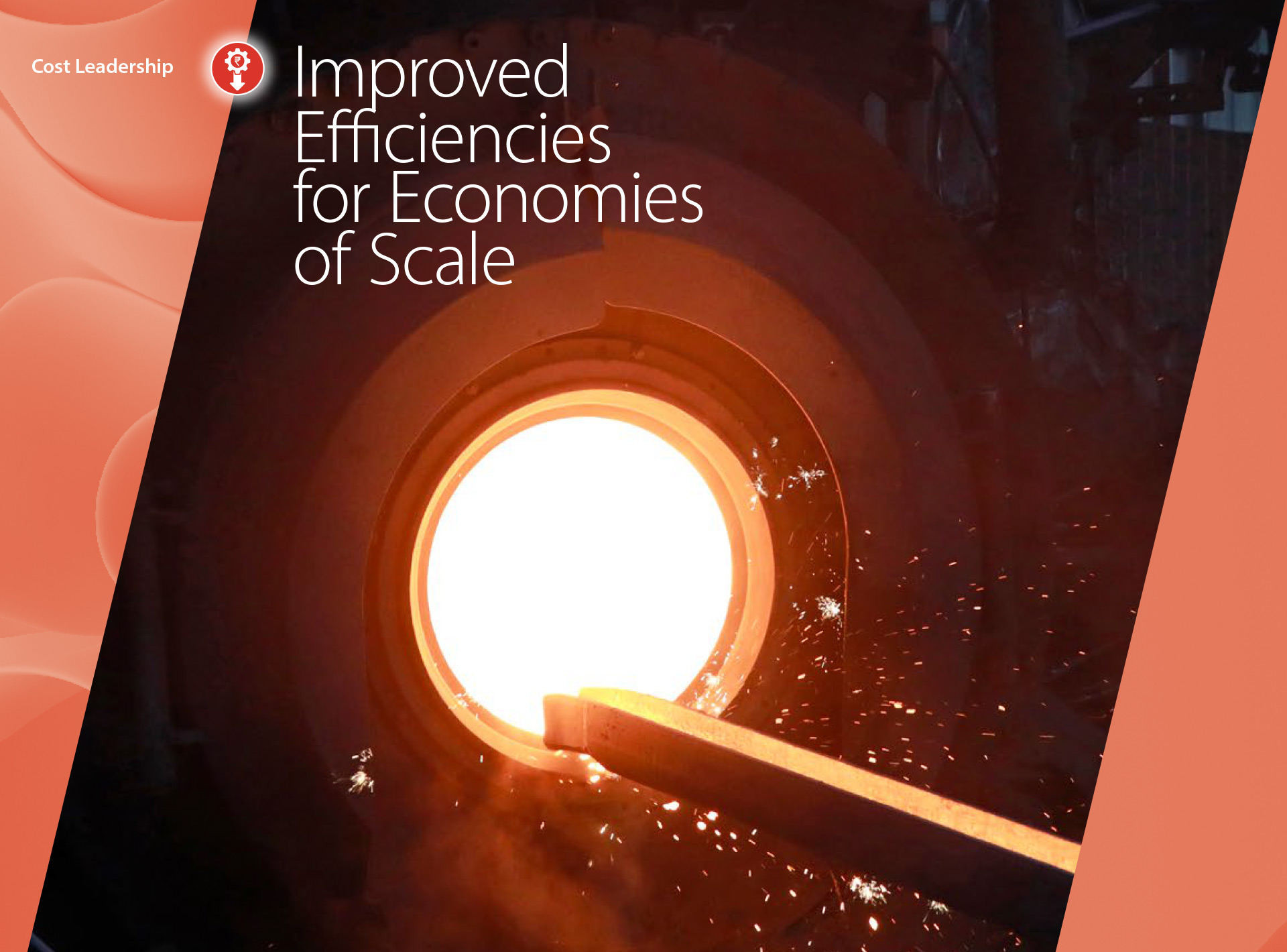
Priority Areas
- Operational excellence
- Strategic raw material sourcing
- Optimising fuel and resource efficiency
- Digitalisation and automation
Material Topics
SDGs Impacted
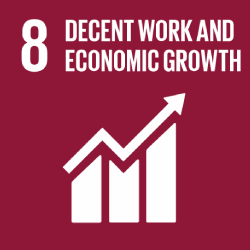
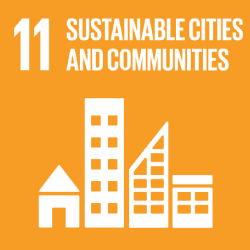
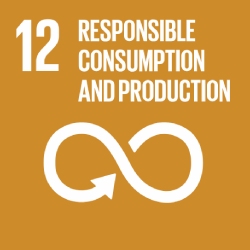
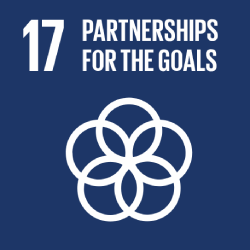
Capitals Impacted
Financial
Manufactured
Natural
We ensure raw material security, advanced operations and stringent quality standards to grow our production volume and drive economies of scale. We are sharpening our cost leadership by leveraging ‘Industry 4.0’ technologies. We are consistently reinforcing our low hot metal to DIP conversion cost, while being one of the best in terms of quality of products and services. Moreover, our ability to sweat our assets better and operate them at a higher capacity makes us confident about meeting opportunities of the future and testing our operating value chain at optimal levels.
Operational Excellence
We aim to be the lowest cost and best quality producer of Hot Metal and DI Pipes. To enhance operational excellence, we have implemented initiatives such as Shikhar, TPM and Digitalisation. Under the ‘Innovate and Excel’ pillar, we have introduced Manufacturing Execution Systems (MES), robotics, mobile business solutions and Level II automation for our Mini Blast Furnaces (MBFs). Additionally, we have improved our MBF operations through process study, gap analysis and Daily Management techniques. To ensure progress, we have institutionalised a robust review mechanism. We have also prioritised process agility by adapting to external changes, incorporating technological advancements, revising process designs and regularly monitoring progress using relevant KPIs.
In the DIP Division, the implementation of MES has improved process visualisation and real-time data availability. Level II automation in our MBFs aims to enhance fuel efficiency, productivity and furnace performance by analysing process parameters in realtime. These initiatives have contributed to reducing greenhouse gas emissions during our manufacturing processes.
Our commitment to superior product quality is evident in our comprehensive checks at each stage of the value chain. We constantly improve based on detailed analysis by our Quality Assurance team and customer feedback. We have also successfully reduced DI Pipe rejections through predictive modelling and minimised breakdowns in Centrifugal Casting Machines (CCM) using predictive and diagnostic models.
Shikhar
Project Shikhar has been institutionalised and practiced to drive all EBITDA-impacting projects and improvements. This is a unique initiative with a robust process and review mechanism to generate EBITDA savings. In FY 2022-23, Shikhar projects alone helped the Company save ₹89 crore.
Shikhar savings in FY 2022-23
Employees involved in improvement initiatives
Robust Cost Management System (CMS)
Our Cost Management System (CMS) plays a crucial role in maintaining our competitive advantage. The Business Analysis Group (BAG) and Iron Making Technology Group (IMTG) oversee product and project costs, including EBITDA improvements. The Peer Review Group (PRG) evaluates all capital projects, optimising capital expenditure through a rigorous planning process. This structured approach empowers Management to make informed decisions, allocate resources effectively and enhance business value. CMS focuses on Cost Planning, Cost Control and Cost Reduction/Improvement as its core pillars.
Cost Planning and Control
Cost plans for important cost elements in the value chain are developed using specific consumptions (KPIs) and price and volume assumptions as part of the Annual Business Plan (ABP). The cost of unique products at the Product (P), Quality (Q) and Section (S) levels are determined using a standard costing system, periodically revised by the BAG. This helps in making product mix decisions at the PQS level and maximising overall value.
Cost Reduction/Improvement
We evaluate our cost base systematically, year by year, to ensure efficient resource utilisation and improved productivity. Aggressive cost improvement targets are set through the Shikhar initiative in alignment with the ABP and Long-Term Plan (LTP) to enhance profitability. Cost reduction goals are monitored throughout the financial year for necessary adjustments.
Strategic Raw Material Sourcing
Securing raw materials of optimal quality and chemistry is vital for our business, necessitating strategic procurement practices for long-term Sustainability. Our supply chain security is ensured through global sourcing and strategic contracting, enabling our commercial operations to adapt to external and internal changes.
Hot Metal Production
Best-Ever Hot Metal Yield of Blast Furnace
Best Ever Net Productivity of Blast Furnace
Highest Annual Coke Plant Production
Best-Ever Gross Sinter Production
Best Ever Net Productivity of Sinter Plant
Highest Annual Captive Power Generation
Highest Yearly Finished Pipe Production
Highest Yearly DIP Dispatch
To enhance supplier interactions, we employ strategic contract Management initiatives. These initiatives involve structured supplier reviews, feedback, improvement plans, and cost reduction projects, optimising our supplier relationships and overall performance.
Digitalisation and Automation
We are an early mover in Digitalisation and Automation. Mechanisation, Automation, Digitalisation and Data Analytics play vital roles in problem-solving, evaluating and monitoring product and process performance. The Digital Core Group is responsible for implementing our Company’s Digital Strategy roadmap. There are several Digital and Data Analytics projects in areas such of value-driven analytics, mobility and robotics which are under implementation.
Integrated Improvement Programme
An Integrated Improvement Programme (IIP) Framework has been rolled out to consolidate and streamline various improvement and excellence initiatives across the value chain. This framework is aimed at aligning, integrating and propelling these initiatives with priority, speed and agility. It encompasses a wide range of areas including Safety, Environment, Energy, Operations, Maintenance, Quality, Marketing and Sales, New Product Development, Logistics, Procurement, Projects, Human Resource Management, Administration and CSR.
The programme focuses on three key aspects. Firstly, it emphasises the development of a robust idea pipeline through regular ideation sessions across all employees, industry research and collaborations with Tata Steel. These efforts span across all functional areas and aim to exploit synergies. Secondly, the programme fosters the adoption of appropriate tools, platforms and methodologies such as Shikhar methodology, critical supply chain Project Management, Daily Management, Total Productive Maintenance (TPM), best practices, loss-tree analysis, suggestion Management, data analytics, insights and action, automation, digitalisation, robotics and ideation platforms. Thirdly, the programme aims to leverage the strength of external ecosystems such as academia, start-ups, and Small and Medium-sized Enterprises (SMEs) to seek innovative solutions that drive business impacts in areas like Safety, Sustainability, Cost Reduction and Productivity Enhancement.
Ideas with tangible EBITDA impact are being actively pursued under the IIP framework. The Impact Centres, within this framework, also host other methodologies such as Daily Management and TPM for process control, quality assurance and efficiency improvement. Additionally, data analytics projects were employed to drive improvements, while employee involvement programmes and small group activities foster a culture of excellence. These efforts are geared towards achieving maximum benefits in the areas of Safety, Sustainability, and overall business performance.
In a notable development, through a comprehensive diagnostic study of these 7 Impact Centres, a potential of more than ₹200 crore has been identified. Ideation sessions were conducted for all Impact Centres, resulting in the generation of more than 800 ideas. From this pool, more than 200 ideas were shortlisted based on their potential for impact and feasibility. To further refine, a prioritisation matrix was deployed, leading to identification of 135 ideas. These ideas will now undergo the process of developing business cases, with a focus on outlining the potential benefits and feasibility of implementation. To ensure the soundness of these business cases, validation will be sought from the Business Analytics Group (BAG) to assess their viability and alignment with organisational objectives.

Way Forward
In the face of volatile input costs, our top priority is to reduce fuel consumption, increase productivity, and enhance the efficiency of our supply chain, all while reducing greenhouse gas emissions. Although cost containment is a challenge, we are implementing structural interventions, along with digitalisation and automation initiatives, to maintain our cost competitiveness.